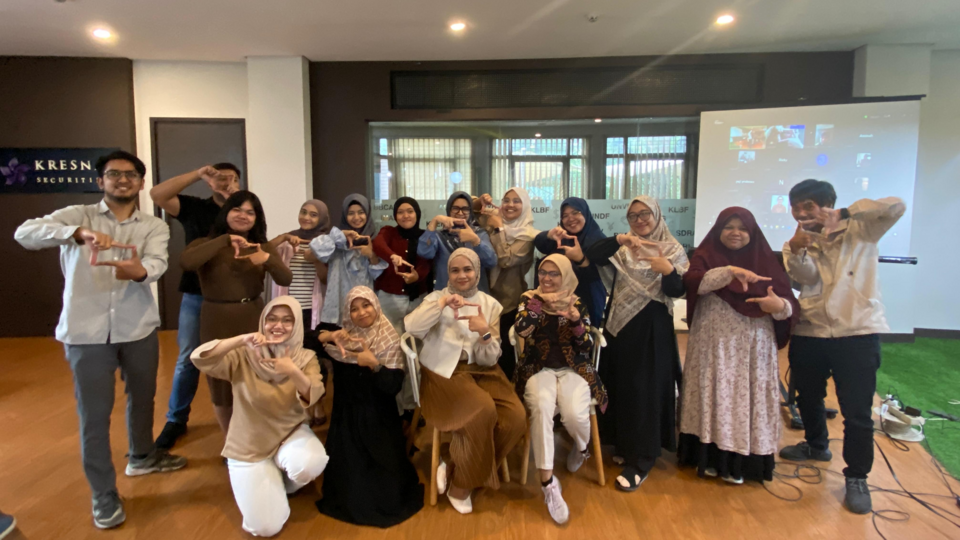Grisna Anggadwita, a professor and top graduate of the Management Science Study Program at the Faculty of Economics and Business, Universitas Gadjah Mada (FEB UGM), completed her doctoral degree in just 2.9 years, publishing 41 papers during that time. She emphasized the importance of balancing research with personal life, noting that while it can be challenging, effective strategies can help overcome procrastination and maintain motivation.
Grisna was a featured speaker at the DSM Lounge Sharing series, “Balancing Research with Personal Life: Overcoming Procrastination and Staying Motivated,” hosted by SBM ITB on Friday (4/10). Held in a hybrid format, participants attended both in person at the Kresna Lounge SBM ITB and online via Zoom.
This event, part of SBM ITB’s Masters and Doctoral program, offered valuable insights for students on managing the demands of academic research while maintaining a healthy personal life.
Grisna shared essential tips for navigating doctoral studies, including securing family support, arranging childcare, ensuring financial stability, and preparing administratively. She stressed the importance of understanding your motivations for pursuing further studies and setting achievable goals. She also highlighted the value of humility, advising students to avoid arrogance and not to adopt a superior attitude, regardless of their academic achievements.
Grisna recommended setting SMART (Specific, Measurable, Achievable, Relevant, Time-bound) goals to effectively manage academic responsibilities. She advised students to recognize the root causes of procrastination, such as fear, feeling overwhelmed, or distractions, and to address these issues with structured schedules, minimized distractions, and productivity techniques like the Pomodoro Technique.
Grisna also encouraged building accountability by sharing goals with others, staying connected with colleagues, and celebrating small accomplishments to stay motivated. She emphasized the importance of maintaining a healthy lifestyle, including proper sleep, nutrition, and exercise, to support academic performance and overall well-being.
She cautioned against perfectionism, urging students to focus on completing tasks rather than striving for perfection. Additionally, she advised seeking feedback on work and being flexible to accommodate life’s uncertainties. Grisna emphasized that the most successful theses or dissertations are those that are completed.
The webinar provided participants with practical guidance and strategies to navigate the challenges of balancing research and personal life, ultimately leading to a more fulfilling and productive academic journey.




